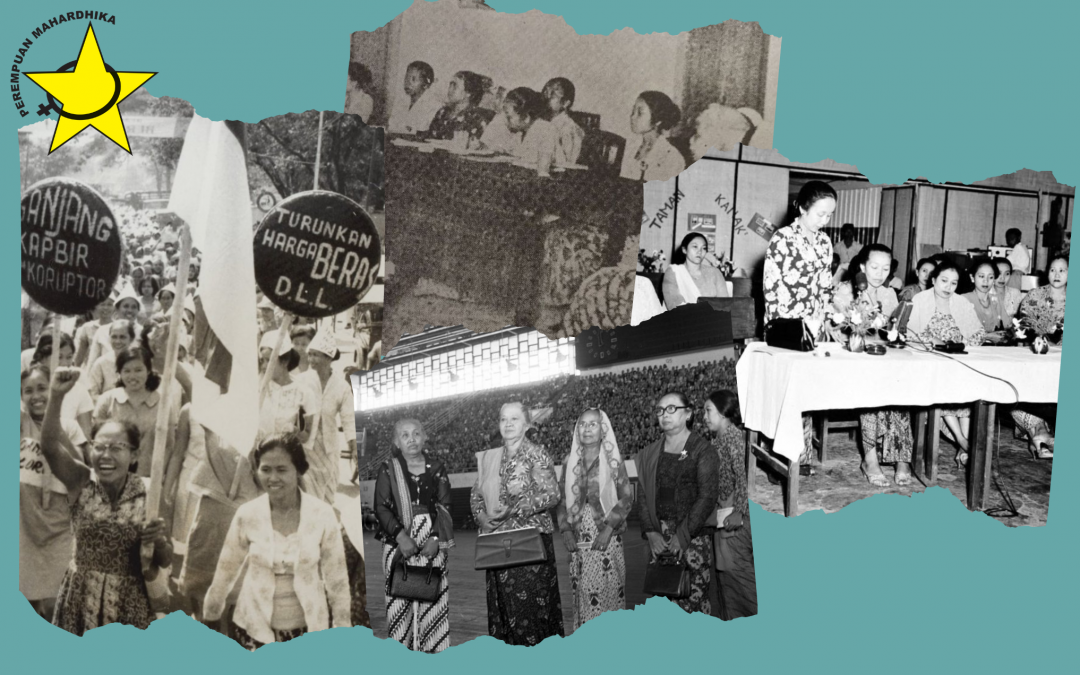

Our themed issue builds on these interventions. Similarly, a recent special issue of Gender and Education, ‘Approaching Southern theory: explorations of gender in South African education’ traced how a particular geo-spatial politics of knowledge production continues to be ‘imprinted with the legacies of imperialism and colonialism’ (Epstein and Morrell Citation2012, 469). This continuing desire to engage in decolonizing research is evidenced most recently in a special issue of Comparative Education Review (May Citation2014) entitled ‘Contesting Coloniality: Rethinking Knowledge Production and Circulation in Comparative and International education’, which brought to the fore the active colonial legacies underpinning scholarship in the field of comparative and international education, within which much gender and education research and knowledge has been produced and disseminated. Since the 1990s, and even before, there have been sustained calls across a number of academic fields to engage in research that challenges the dominant knowledge production process (Abu-Lughud Citation1991 Narayan Citation1993 Smith Citation2012 Takayama Citation2011). It brings together intellectually provocative papers that theoretically and empirically interrogate why research at the nexus of gender and education needs to be ‘decolonized’, and which illuminate what this means and what it looks like.ĭecolonizing gender and education research This guest-edited themed issue explores the intersection and overlap between feminist and decolonizing research. Both feminist and decolonizing research challenge traditional hierarchies of knowledge and seek to incorporate the scholarship and perspectives of non-Western, nondominant scholars to challenge the traditional self-other distinction (Abu-Lughud Citation1991 Lincoln and Gonzalez Citation2008 Smith Citation2012). Similarly, decolonizing research seeks to explicitly address colonial structures of knowledge production and the representation of marginalized and indigenous populations (Lugones Citation2010 Mendoza Citation2016). Citation1995 Connell Citation2014, Citation2015 Fraser Citation1989).

Feminist research has had a longstanding commitment to epistemically, theoretically, and methodologically interrogating issues of power and difference with the goal of emancipating women (Benhabib and Cornell Citation1987 Benhabib et al. Critical scholars across a variety of disciplines and geographic areas express the need to engage in intellectual projects that shift the dominant epistemic perspectives and methodologies used in traditional research (Abu-Lughud Citation1991 Narayan Citation1993, Citation1997 Shah and Khurshid Citation2018 Smith Citation2012 Takayama Citation2011).


 0 kommentar(er)
0 kommentar(er)
